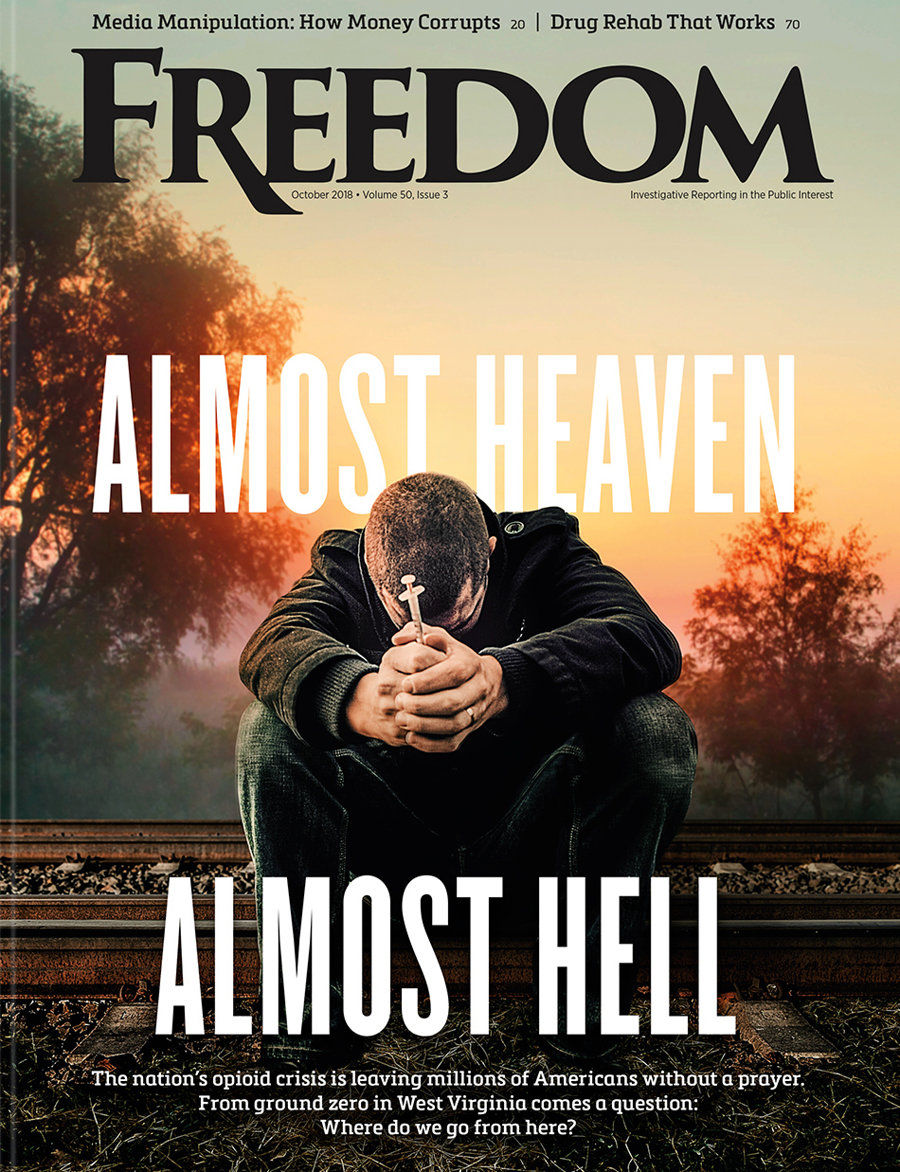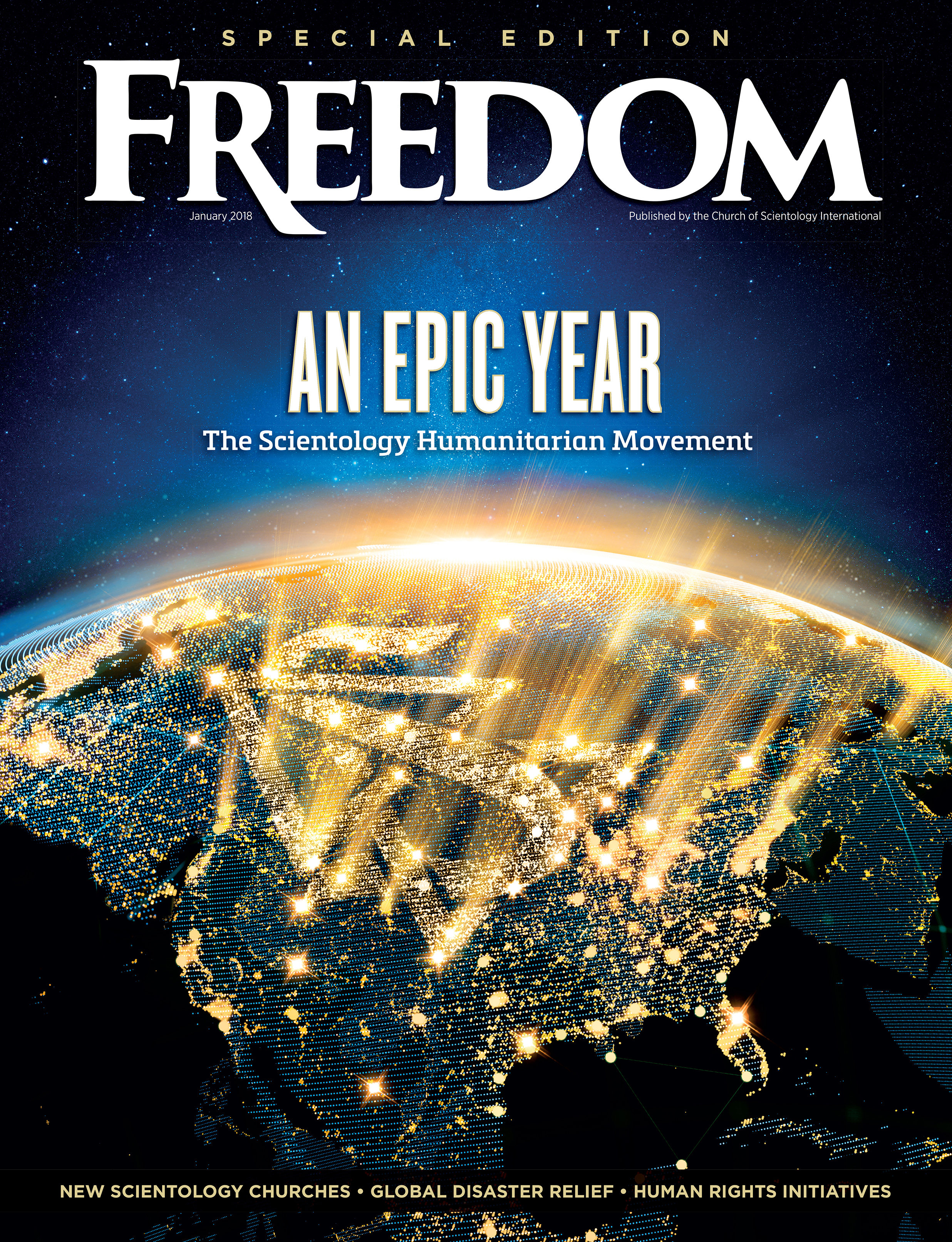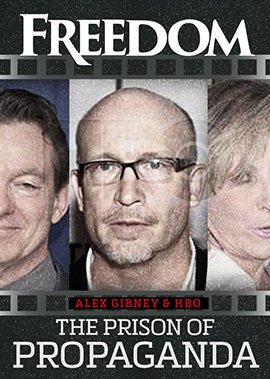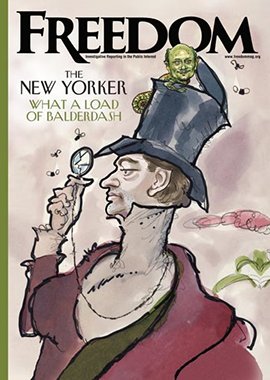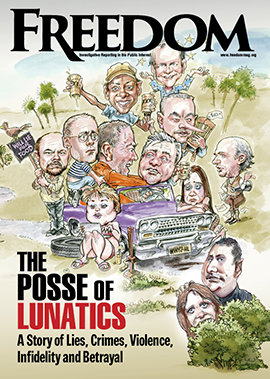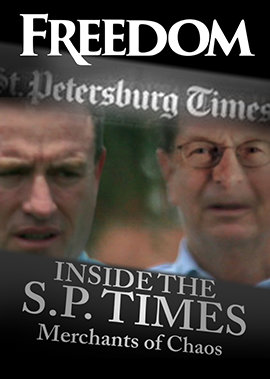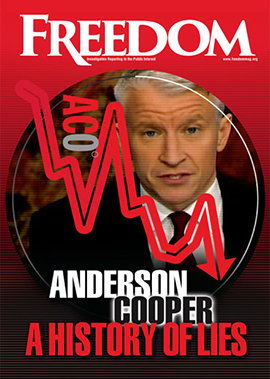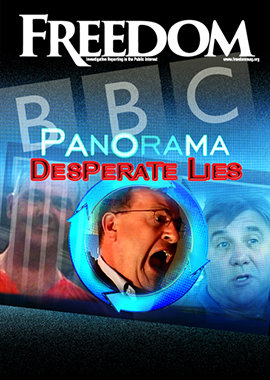Freed by cable systems from limitations of broadcasting over public airwaves, where decency is written into law by regulations of the Federal Communications Commission, A&E floods the living rooms of America with programming that has drawn critical objection over its faked reality claims and its reinforcement of racial hatred, religious bigotry and police violence against minorities.
A&E hasn’t always specialized in such programming. When it was still Arts & Entertainment, the network produced less provocative—and less profitable—programming on history and culture.
Then it shortened its name to initials to distance itself from that potentially off-putting word “Arts” and began its slide into churning out programs spewing false “reality” narratives. Along the way it decided to offload truth, and that has killed a good part of its programming in recent years.
The infamous Generation KKK series of 2016 was killed before it aired when its unethical practices and scripted hate speech were exposed.
Leah Remini’s The Aftermath was quietly terminated in 2019 after it inspired violence against religious minorities targeted by Remini’s manufactured, incendiary rhetoric.
Dan Abrams’ Live PD was toppled in 2020 over its stereotyping of minorities, prodding of police toward violent confrontation, and finally its destruction of video showing the police killing of an innocent black man in Austin, Texas.
And many more in between.
Before its turn to “observational documentaries,” known as “ob docs” or, ironically, “docusoaps” in the trades, A&E was still producing cultural programming on its Lifetime channel, where Sharenow became an executive producer and the channel began its foray into “reality” programming. After his rise to the reality programming executive team at A&E, Sharenow was part of A&E’s transformation into the reality genre, along with his former associate and predecessor David Mikillop, creator of the race-baiting Lifetime-A&E reality series Duck Dynasty. That program was canceled over homophobic and racist remarks and attitudes by lead characters.
But here is the deeper irony.
Sharenow, before A&E was part of his executive life, wrote a trilogy of novels for young readers, garnering awards from library and literary groups for the message he was carrying to teenagers: that the dangers of racism, religious hatred and bigotry, and opportunities to oppose it, were realities of everyday life for them.
My Mother the Cheerleader, published in 2007, examined racial segregation in the South through the eyes of a teenage girl. In 2011, The Berlin Boxing Club imagined a relationship between German prizefighter Max Schmeling and a young Jewish boy in Nazi Germany. And in 2013, The Girl in the Torch explored the plight of an immigrant Jewish orphan finding acceptance on American shores. The books were lauded for confronting issues of tolerance.
Yet those fictional works stand in sharp relief to the violent, hateful messages Sharenow and his accomplices at A&E have relentlessly pumped into millions of American homes.
Sharenow announced at an online television festival in August that he is looking for replacement programming for the inexplicably popular Live PD, which claimed to be unscripted and spontaneous but proved to be neither. Live PD accounted for a major portion of A&E’s programming audience and most of its profits—which for A&E is always the bottom line.
As much of the film and entertainment industry is veering away from those “observational documentaries,” Sharenow’s search for a Live PD “replacement” does not bode well for any meaningful reform of A&E’s brand of reality programming.
Sharenow’s readers and the heroic characters in his teenage novels would likely view his current career with horror—a world where he trades in the dark side of American culture and normalizes the very things his characters abhor.






